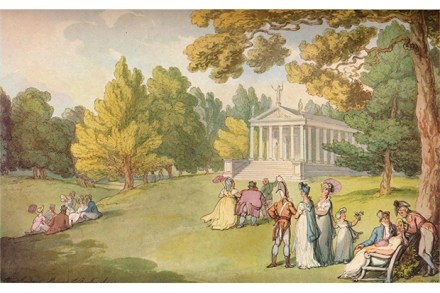Agents of enterprise
A teenager in the second decade of the Cold War, my father was taught to play snooker by a KGB agent. His own father was the principal of a theological college in London that had been allowed to accept two foreign students from Russia only if, said the Moscow authorities, a third ‘student’ (notably less




















